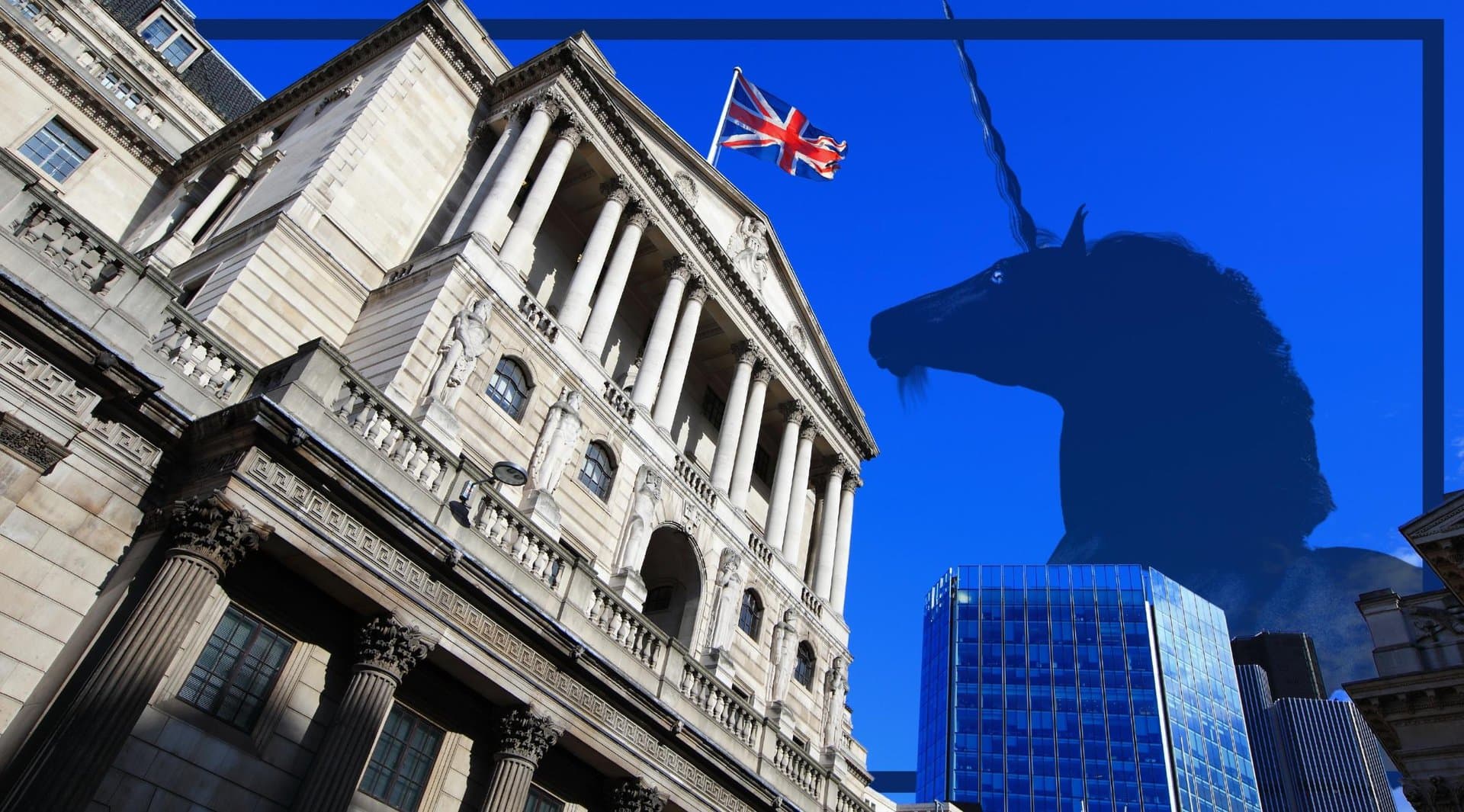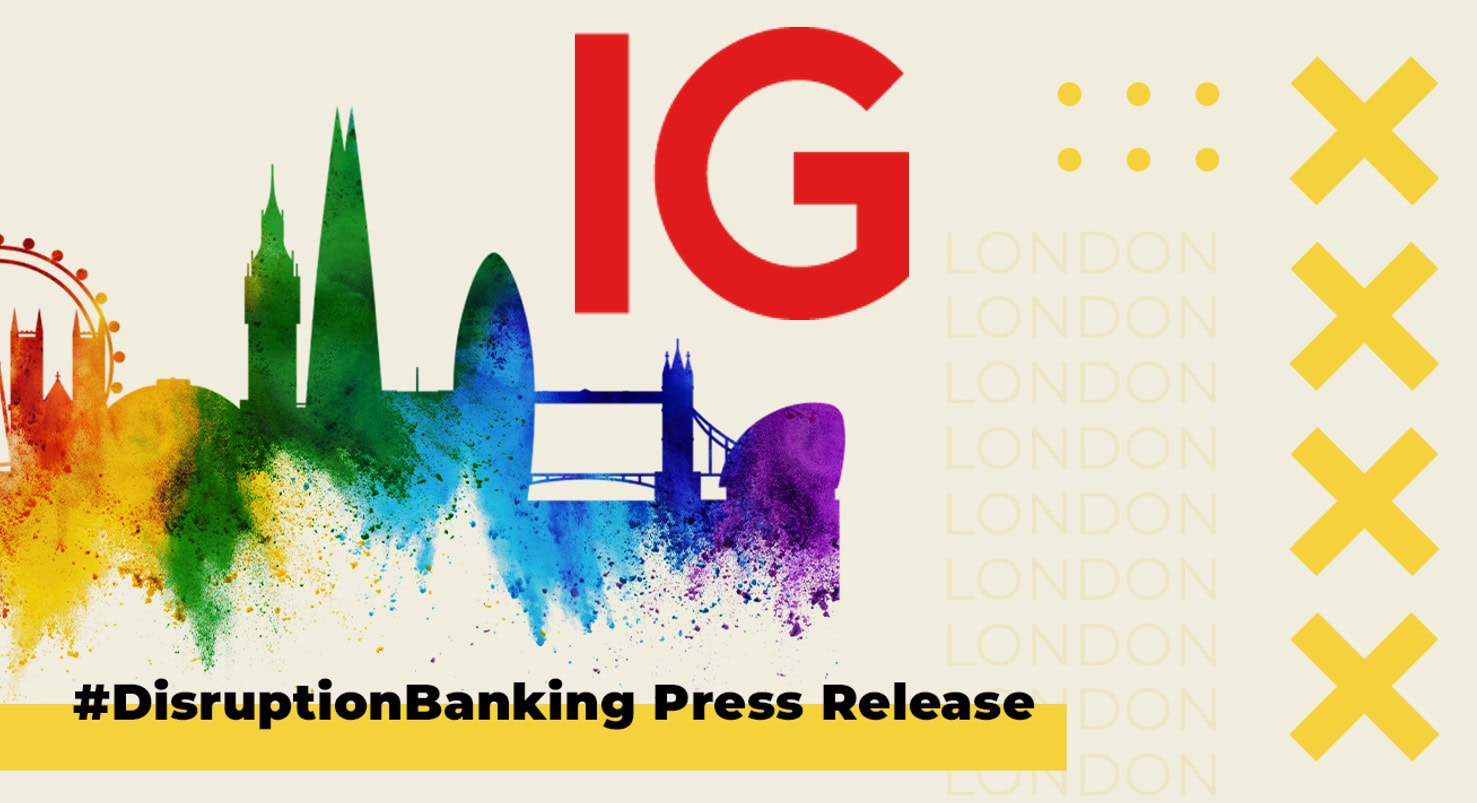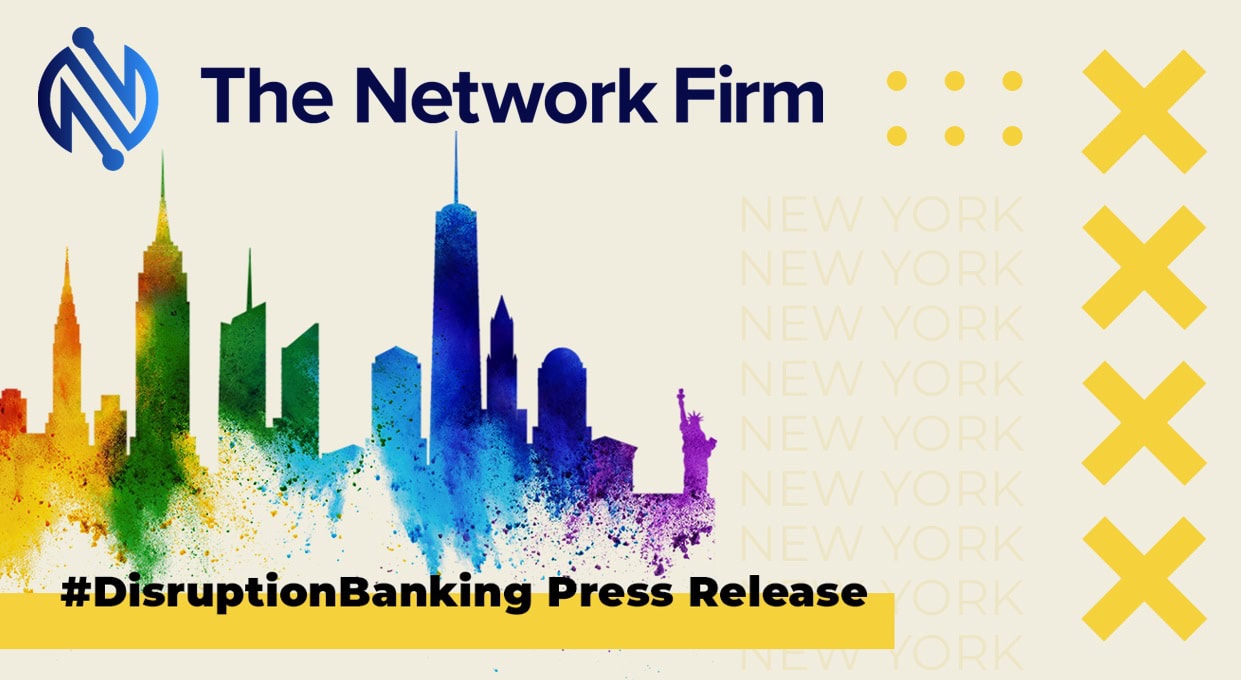London was once seen as New York’s little brother: refined, risk-averse, and competent. It didn’t have the liquidity and depth of America’s capital markets, but if you were listing outside of the US, you were near-certain to choose the dependable British capital.
Now, though, the only bells that are ringing in the City are alarm bells. IPO value has reached a 13-year low, with markets like Stockholm and Amsterdam gaining ground since Brexit. For some, London is seen as a backwater: an index of industrial laggards capitalised by investors happy with only incremental growth. Yet the rise of London’s “IPOnents,” which also includes Paris and Frankfurt, has prompted a regulatory push towards listing reform.
This push began with Lord Hill’s Listing Review in May 2021. The Review proposed allowing a “Dual Class” share structure for premium listings, allowing founders to exercise dictator-like control. As SPACmania gripped the NASDAQ and EURONEXT Amsterdam, Hill proposed loosening rules surrounding these speculative vehicles. He also suggested reducing the proportion of freehold shares, which allow retail investors to invest, from 25% to 10%. He also argued the minimum market cap for a company listing should be increased from £700,000 to £30 million.
The FCA’s Final Rules, published in December 2021, accepted the recommendations. But was it was too little too late? By then, the new regime of higher interest rates – and the prospect of recession – had dampened hopes of high valuations and, thus, the number of listings.
Have the rule changes had any impact? The first company to list with a dual-class share structure was THG in September 2020, where the founder was given a single “golden share.” Deliveroo’s IPO in March 2020 was derided as “Floperoo.” when it sank 26% below the listing price on the first day of trading. Its founder, Will Shu, had “Class B” shares that allowed him effective control for three years, by effectively holding 57.5% of the voting rights. Payments giant Wise was the first to do a direct listing in July 2021 – selling existing shares rather than offering new ones) in July 21 – with its dual-class structure allowing early investors outsized voting rights.
Today, the THG share price is down 86% from its IPO price. Deliveroo is down 80%. Wise is down 50%. Brent Hoberman’s Made.com is down 95%.
London's burning: IPO editionhttps://t.co/hBOiOhJ36M
— FT Alphaville (@FTAlphaville) August 18, 2022
But not all of London’s IPOs have been so disastrous. Cybersecurity firm Darktrace’s IPO valuation was cut from £3 billion to £1.7 billion in response to the Deliveroo disaster. It’s currently valued at £3.84 billion, 123% higher than its debut price, with private equity behemoth Thoma Bravo preparing a bid. In a rare biotech listing, Oxford nanopore is only down 25% from its IPO price.
The UK’s IPO activity has been shrinking since the Brexit vote. Now the London stock market faces the quietest period for listings since the financial crisis https://t.co/6U6k4VlUfD
— Bloomberg (@business) August 14, 2022
Perhaps it’s not tight governance standards, a weakening currency, and a value-over-growth investor mindset that’s holding London back. Even in a year where LSE value stocks are thriving – with the FTSE100 up 9.18% – discounted cash flow models are still bullish on loss-making, deeptech, and cyber firms. Surely the problem is more the type of business that’s looking to list?
If we look at the large-cap unicorns in private markets that have hired bankers to work on a listing, we find some similar profiles to 2021’s failed batch. First, the three main London neo-banks and Wise competitors, Monzo, Revolut, and Starling are reportedly planning listings. Revolut has expanded into multiple verticals and geographies, yet its founder says the loss-making superapp has two years before it needs to raise again. It will likely have to cut its valuation of £25 billion if it wants to go public, whether in London or New York. Monzo (£3.7 billion) and Starling (£2.5 billion) are less ambitious and valued more reasonably, with Starling narrowly profitable and Monzo still loss-making.
Revolut scouts for head of investor relations in possible IPO push https://t.co/vRUROa89Qi
— Tech City News (@TechCityNews) May 30, 2022
Then there are hopefuls from the direct-to-consumer (D2C) space that bear similarities to THG. Meal-replacement shake Huel has hit £100 million revenue and was looking to IPO for around £760 million this year before markets dived. Gymshark has achieved £500 million in sales worldwide, but is understandably delaying any talk of an IPO. That’s not to say Revolut, Huel and Gymshark aren’t great businesses, but the performance of their payments and D2C predecessors might indicate that London needs more deeptech, cybersecurity, and healthtech IPOs.
This could be because neo-banks and D2C have benefited from pandemic trends. The former, a focus on user experience and crypto (12.5% of Revolut’s revenue comes from crypto trading). The latter, a consumer shift from services to goods. In deeptech, competition is less fierce: moats are guarded by intellectual property developed by the UK’s world-leading life sciences sector. On the other hand, neo-banks may benefit from higher interest rates, while Huel and Gymshark have built cult followings that have vanquished competition.
Still, when looking at potential candidates from the 33 current British unicorns, only 5 companies – Britishvolt, OneTrust, Snyk, CMR Surgical, and Touchlight Genetics – fit the deeptech profile. Ironically, PrimaryBid, which helps retail investors access IPOs. is approaching unicorn status. Should retail really want to after seeing the performance of last year’s cohort?
The lack of deeptech listings might explain the scramble to ensure semiconductor designer Arm lists at least part of its mammoth $40 billion IPO in London, after its merger with Nvidia was blocked by the Competition and Markets Authority (CMA). Arm is anything but a startup, having been acquired by Softbank for £24.3 billion in 2016. It seems unlikely Arm will do so, even with the UK Government offering tax benefits.
There’s not much use analysing the few IPOs in 2022. Deal activity has almost come to a halt globally as the era of expansive monetary policy has finished. Yet when it recovers, in 2023 or 2024, not all markets will be equal. The British economy is forecast to contract significantly more than the US and other European states. Executives might look at which exchange saw the greatest depreciation in share price. This is hardly a good indicator of regional supremacy; the post-IPO cliff has reached ‘dot-com’ levels in Europe and the US alike.
London might be listing less than its rivals, but its listings’ poor performance is hardly unique. Stockholm listed 122 companies on the Nasdaq in 2021, posting a similar loss in value. Moreover, the 6 new listings on the LSE outstrip the median average of 2.5 per year since 2000.
When the author of the FCA Secondary Capital Raising Review, Mark Austin, says London is “in danger of becoming a regional exchange,” he has missed the point. The UK has been a regional exchange long before Brexit. Of course, it has large cap global companies such as HSBC, Shell, and AstraZeneca, with dual listings in Hong Kong, Amsterdam, and Stockholm respectively. But the most promising global companies will always list where they can attract the largest valuation to give the founders the exit they require. That might explain the comparatively poor performance of the AIM to the LSE, with many smaller companies looking to stay private for longer.
With @ASOS announcing its decision to move to the London Stock Exchange, @MylesMilston shares his opinion on how #blockchain could change the way both private and public markets operate. @DisruptionBank https://t.co/hCz1TiJemj
— Globacap (@globacap) January 26, 2022
Indeed, some might rue the Universal Music SPAC in Amsterdam as a big miss for London. But the SPAC fad is over. Global companies will always look to America, just as Spotify and Oatly eschewed Stockholm for the NYSE. Perhaps, London needs a reality check – it can look for smaller listings such as the £365M listing of Pension Bee on the LSE.
For London’s sell side, IPOs will be few and far between for the foreseeable future. Harsh macroeconomic conditions can give London the perfect chance to evaluate how to return stronger. Regulatory change and a shift in investor attitudes are a start. More fundamentally, there needs to be a recalibration of incentives and valuations. The 2020-2022 era saw too many listings that left the retail investor holding the bag, as private investors and executives made a quick exit. The job for regulators and analysts now is to make sure that when the time comes, London is ready to deliver value for both founders and investors.
Author: Tal Feingold
#London #NewYork #Amsterdam #Stockholm #LSE #AIM #IPOs #InvestmentBanking















